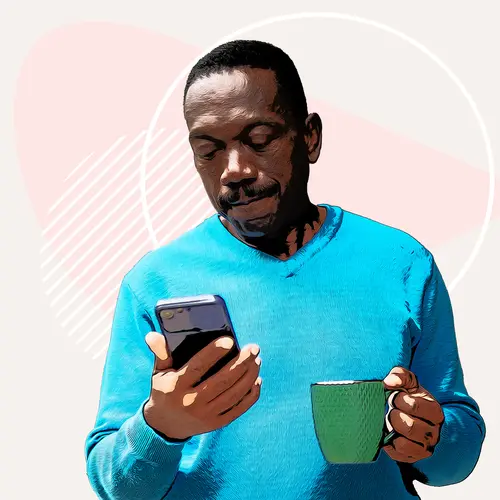What you believe about cancer pain can hurt you. About one out of three people with cancer experience pain. For nine out of 10 of these people, pain can be relieved relatively simply. Yet many patients let their misconceptions about cancer pain prevent them from seeking help.
Following are common cancer myths and the facts about cancer pain.
Cancer Pain Myth No. 1: The doctor should know I have pain without my having to say so.
Everyone responds to pain differently. Some people show many external signs. Others feel a lot of pain without showing what they feel inside. Don't make your doctor guess the level of your pain. Instead, tell your doctor as much as you can about your cancer pain:
- Where it hurts
- When it hurts
- The type of pain
- Its severity
The more your doctor knows about your cancer pain, the more likely it is that your doctor can work with you to find a way to reduce it.
Cancer Pain Myth No. 2: Cancer Pain is inevitable.
Pain is not inevitable. Is it likely? Perhaps. An estimated one of every three people undergoing cancer treatment experience pain. Fifty percent to 80% of people with advanced cancer have moderate to severe pain.
Cancer Pain Myth No. 3: There's nothing that can be done to relieve cancer pain.
If pain does occur, your doctor can develop a plan to relieve it. First, your doctor will try to identify the source of the pain. Potential sources of cancer pain include these:
- Advanced cancer that spreads to the bones
- Tumors that press on the spinal cord or cause a bowel obstruction
- Infection
- Treatments such as chemotherapy or radiation
From medication to procedures, your doctor has a range of options to help treat cancer pain.
- Oral medication
- Radiation therapy to shrink a pain-causing tumor
- Epidural injections and nerve blocks
- Surgery
Work with your doctor to develop a pain management plan that works for you.
Cancer Pain Myth No. 4: Complaining about pain is for wimps. Enduring pain builds character.
Where does this idea come from? Lots of places. Age, ethnicity, cultural values, and previous experience with pain may lead you to develop this attitude. However, pain is more than an uncontrollable state you have to put up with. Enduring pain puts you at risk for a host of complications:
- Depression
- Fatigue due to loss of sleep
- Anxiety
- Inability to work
- Impaired relationships
If you seek treatment for cancer pain, you may find that your ability to perform daily activities and your quality of life may improve.
Cancer Pain Myth No. 5: When I feel pain, I should hold off as long as possible before taking medication.
There is no value in waiting to take pain medication. In fact, the best outcomes occur when you take medication as prescribed, keeping the pain continuously reduced. Don't skip prescribed doses.
Cancer Pain Myth No. 6: I'm afraid I'll become addicted to cancer pain pills.
With some types of medication such as narcotics, you can develop a tolerance to the medication. The dosage is increased over time to overcome your tolerance. This is different from being addicted to medication.
Addiction means that you need the medication for a reason other than a medical problem. This could include an emotional, psychological, or physical dependence on the medication. Addition is rarely a problem for people with cancer unless you have a history of drug or alcohol addiction. If you are concerned about addiction to pain medication, talk about your concerns with your doctor.
Cancer Pain Myth No. 7: I should tough it out rather than burden my family with the cost of pain medication.
You need not avoid getting relief for cancer pain. Treatments vary from relatively inexpensive morphine derivatives to costlier patches and pumps. If you lack resources, talk to your doctor about your options. You may be able to qualify for free or reduced-cost medications provided by pharmaceutical companies.
